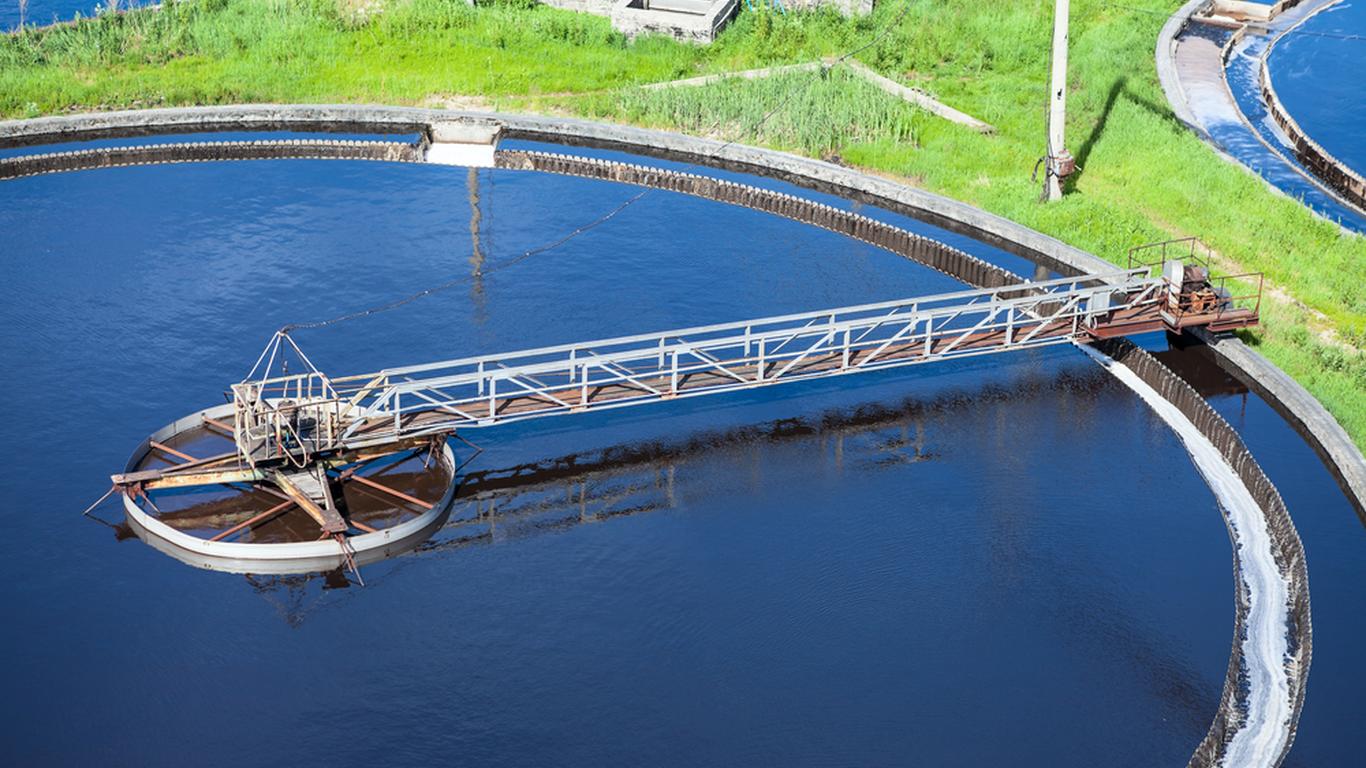Almost everything we do requires a supply of fresh water and generates wastewater. But treating water is a complicated business. If it’s not what you specialize in, having to spend time on it pulls resources away from your core mission. Food packagers, resort managers, microchip manufacturers, and city commissioners don’t necessarily want to be operating a water utility.
One company is helping institutions stay focused — and save money — by financing and building the infrastructure at its own expense, then providing water treatment as a service.
Seven Seas Water Group’s Water-as-a-Service® typically uses build-own-operate (BOO) and build-own-operate-transfer (BOOT) contract models. Under the BOO model, the water company builds, owns, and operates the infrastructure like a concession. Under the BOOT model, the infrastructure is eventually transferred to the customer. The customer needs to pay only for water services.
Many governmental bodies have recognized the power of these public-private partnerships and are issuing legal frameworks to standardize and encourage them.
Why is Water-as-a-Service® so popular?
Paying for water and wastewater services from a specialized company has clear advantages over going it alone. For one thing, companies that specialize in water can better manage the risk. In fact, some companies deliver water infrastructure without requiring any upfront investment by the customer.
Water companies are also used to keeping up to date with relevant regulations. Ever-tightening environmental and health regulations and ever more technical water and wastewater treatment processes make delivery of infrastructure more complicated. Infrastructure was already expensive; but newer, more efficient processes tend to increase initial costs and require a long-term organizational and financial commitment to operation and maintenance.
If plants are not properly maintained, they may suffer catastrophic failure and become irreparable. Letting a third party handle operation and maintenance can provide continuity when political or managerial control would be unstable or organizational resources are otherwise inadequate.
Moreover, most water treatment service contracts are performance-based, making it even more firmly and specifically in the interest of the water company to build high-quality infrastructure and run it well.
What are the challenges of Water-as-a-Service®?
One significant challenge is ensuring reliable access to water sources. Depending on the region and local infrastructure, securing a stable and adequate water supply can be a complex task. This challenge is particularly pronounced in areas facing water scarcity or where water quality is a concern. Businesses must collaborate closely with their water treatment provider to ensure a consistent and dependable water supply that meets their specific needs.
How can businesses benefit from Water-as-a-Service®?
Across sectors, water is getting harder to come by due to a combination of climate factors and increasing demand. All too frequently, competition for water resources too often puts companies at odds with surrounding communities that may initiate legal challenges.
Under a Water-as-a-Service® arrangement, a water company can provide advanced water cycle solutions that allow wastewater to be treated and reused, reducing the demands on local water resources and lowering costs. It can help businesses reuse water from bathrooms, kitchens, laundries, and stormwater collection. Once treated in accordance with non-potable standards, the effluent can then be used to wash streets, vehicles, and buildings; irrigate farms and landscapes; top up water features, lagoons, and ponds; and reduce dust. Significant saving of water by such reuse often justifies Water-as-a-Service® arrangements.
What tips can help businesses that are considering Water-as-a-Service®?
Because the BOO, BOOT, and public-private arrangements that typically establish Water-as-a-Service® relationships are inherently long-term, it is important to find a company with a sterling reputation. Seven Seas pioneered water treatment as a service and has been offering it for more than twenty years in the United States, the Caribbean, and Latin America.
It’s also important to conduct a comprehensive assessment of your water needs, evaluating factors such as consumption patterns, quality requirements, and regulatory compliance. This assessment will help you identify the most suitable provider that aligns with your specific requirements.
Lastly, legal frameworks governing public-private partnerships vary by country and by state within the United States. Incentives and safeguards may be available in your area that sweeten the deal.
Division of Labor
Water-as-a-Service® enables an operation to concentrate on its core mission instead of getting bogged down in the nitty-gritty of water treatment.
The traditional arrangements for treating water that were standard during the twentieth century still have a hold on the market. But arrangements like Water-as-a-Service® are gaining ground — in large part because although water-treatment companies want to be in the water-treatment business, many others do not. In an increasingly complex world, what Water-as-a-Service® offers is simple and sensible: an ideal division of labor.

